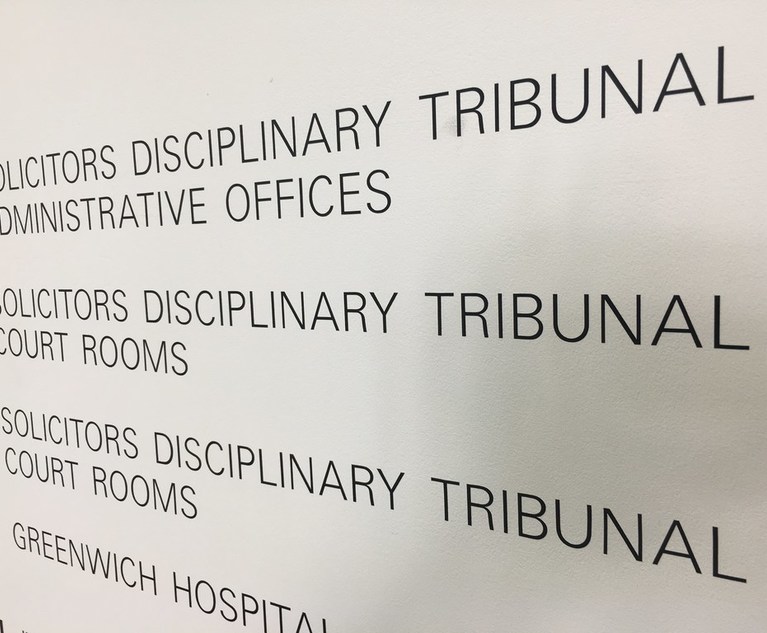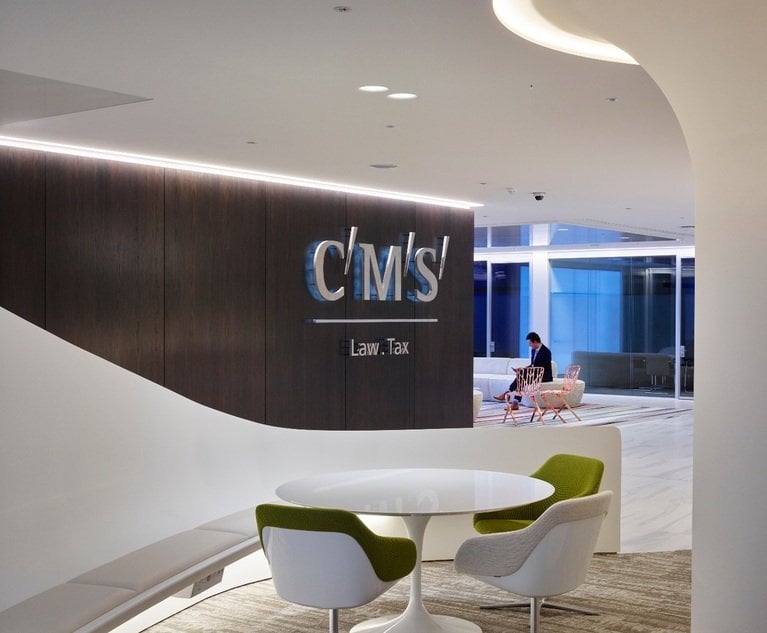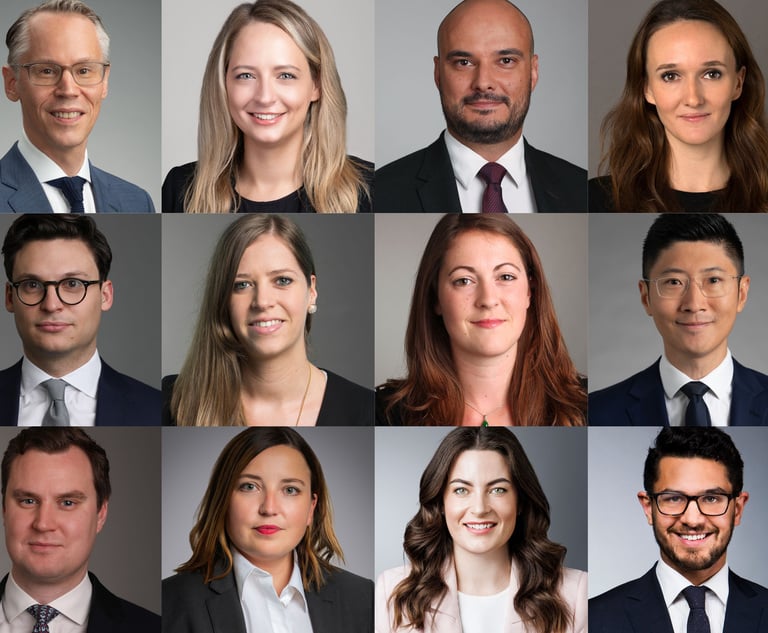Researchers around the globe are racing to develop COVID-19 treatments, tests and vaccines that can be released safely to the public. Sophie Pelé, a national partner at Dechert in Paris and a specialist in European regulation for the health care and life sciences sectors, spoke this week with Law.com International about the legal issues involved in balancing speed with scientific rigor, and public good with financial rights.
The scientific community is under tremendous pressure to come up with treatments and a vaccine soon. What is the legal and regulatory climate in which researchers, in both the public and private sectors, are working in Europe?
While there is sharp debate among scientists about the value of clinical trials during a health crisis such as this one, the prevailing view is that we should not give up on international standards and methodology for the sake of expeditiousness. We have noticed that the authorities in Europe have softened the procedures for getting reliable clinical trials set up and approved. There is an ongoing exchange between companies and governments to tailor and organize and validate trials, and the regulators have committed to moving COVID-related reviews to the head of the line. On the other hand, there has been no discussion of relaxed standards, and no movement to relax product liability.
Health authorities have said that it will take a year to develop an effective COVID-19 vaccine, get it approved, and bring it to market. Based on your knowledge of the sector, do you think that estimate is accurate?
I think it is a fair hypothesis. I would like to think it would be sooner. But a vaccine is a new molecule, which will need to be developed. With treatments, what we are seeing is a repurposing of existing drugs for use against COVID-19. The new use will still have to be tested and approved, but a vaccine will take longer because of the development phase.
As counsel for companies involved in research and development of COVID-19 drugs and tests, what are some of the legal issues you look out for on behalf of your clients?
Aside from the regulatory process, there are issues that come up immediately during the crisis, and issues that will come up after the crisis is past.
One of the immediate issues involves financial rights. In a crisis, governments are looking for quick cooperation from companies. The discussions need to go fast, and the companies are in a poor position to negotiate over their financial rights, including prices for their products. So what you’ll see is an agreement over quantities to be produced, for example, with the financial terms to be negotiated after the crisis is past. We saw this in 2009 during H1N1, or avian flu. The goal is to find the most expeditious way to provide the product and yet guarantee minimum rights for the client.
Other issues involve the consequences of making the products. Force majeure exceptions can be an issue because the contractual obligation to supply the products can come up against the difficulties of producing them: There may be a shortage of materials because of supply-chain issues, or employment issues such as the safety of your premises. And, of course, product liability in the case of adverse events always has to be taken into account.
What challenges do you expect to come up for the sector after the COVID-19 crisis is past?
The price of innovation. We can’t forget that health care systems are not just targeting COVID-19. There are a lot of innovative drugs being developed, and after this crisis, health systems are likely to have acute concerns about budgets. But one of the lessons of this crisis is that it is worth investing in innovation.
NOT FOR REPRINT
© 2024 ALM Global, LLC, All Rights Reserved. Request academic re-use from www.copyright.com. All other uses, submit a request to [email protected]. For more information visit Asset & Logo Licensing.
NOT FOR REPRINT
© 2024 ALM Global, LLC, All Rights Reserved. Request academic re-use from www.copyright.com. All other uses, submit a request to [email protected]. For more information visit Asset & Logo Licensing.










